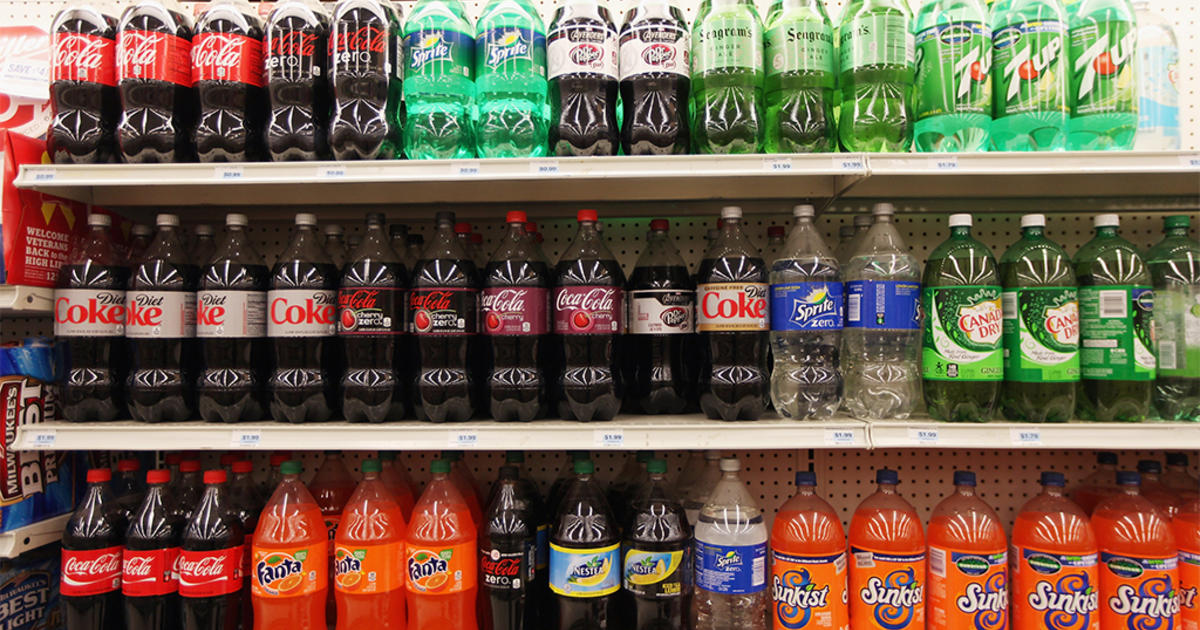The World Health Organization (WHO) has declared that the sweetener aspartame, commonly found in diet drinks and various food products, is a “possible carcinogen.” However, the WHO emphasizes that it remains safe for consumption in moderation and at already agreed-upon levels, according to reviews released by two groups linked to the organization.
The International Agency for Research on Cancer (IARC), a specialized branch of the WHO, labeled aspartame a “possible” cause of cancer in its assessment. This designation indicates that there is limited evidence suggesting the substance may lead to cancer. However, the review does not take into account the quantity a person would need to consume to be at risk, which is considered by another panel, the WHO and Food and Agriculture Organization (FAO) Joint Expert Committee on Food Additives (JECFA) based in Geneva.

Following its comprehensive review, JECFA stated that there was no compelling evidence of harm caused by aspartame. It continued to recommend that people keep their aspartame consumption levels below 40mg/kg per day, a level set since 1981 with similar guidance from regulators worldwide.
During a press conference, the WHO’s nutrition director, Dr. Francesco Branca, clarified that the organization is not advising consumers to stop consuming aspartame altogether. Instead, the advice is to exercise moderation. Branca also suggested that when faced with the choice of consuming cola with sweeteners or sugar, a third option to consider is drinking water.
Some scientists not involved in the reviews mentioned that the evidence linking aspartame to cancer is weak. Food and beverage industry associations welcomed the decisions, stating that they confirm the safety of aspartame and highlight its value as an option for those looking to reduce sugar intake in their diets.
The WHO indicated that the existing consumption levels of aspartame pose no significant risk. For instance, a person weighing between 60-70kg (132-154 lbs) would need to consume more than 9-14 cans of soft drinks daily to exceed the established limit, based on the average aspartame content in the beverages.
While the findings suggest that occasional consumption does not pose a risk to most consumers, the WHO still emphasizes the need for further studies to investigate potential effects related to aspartame. The organization is calling for moderation from both manufacturers and consumers and is not urging companies to remove aspartame from their products entirely.
As cancer remains a leading cause of death globally, the WHO continually explores factors that may initiate or facilitate cancer development in hopes of reducing its impact on human lives.
